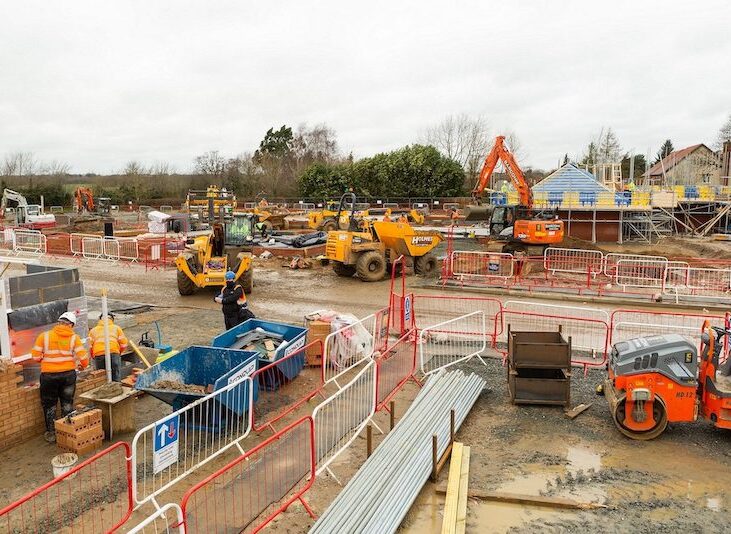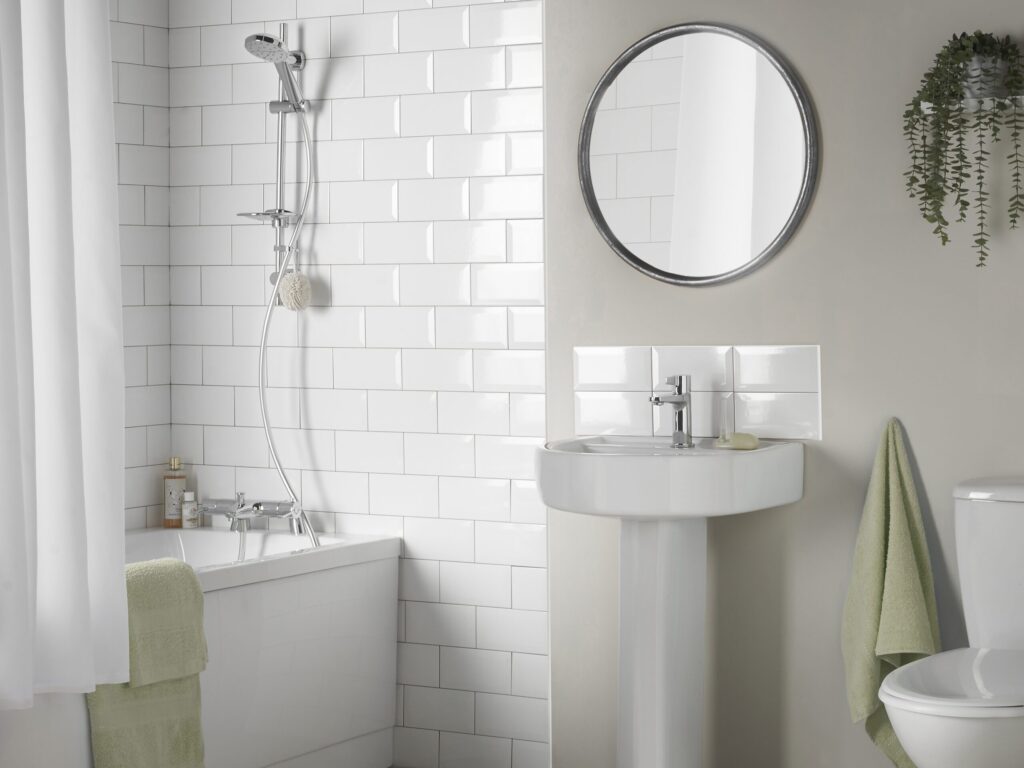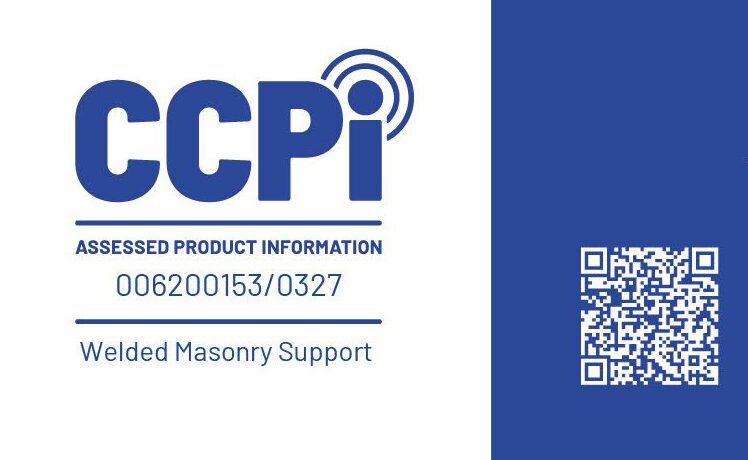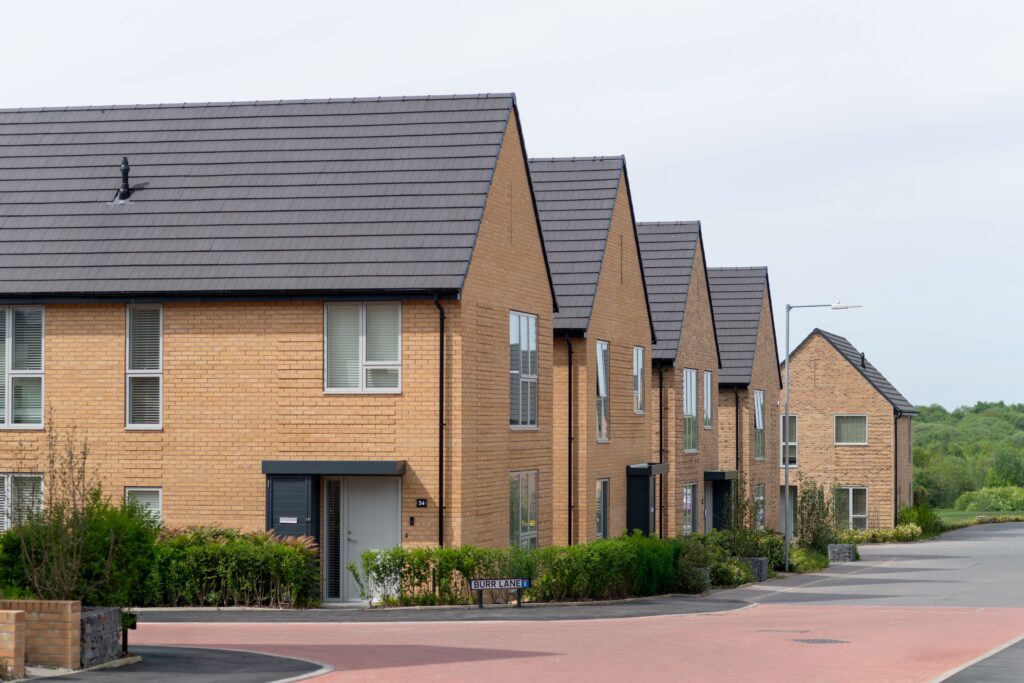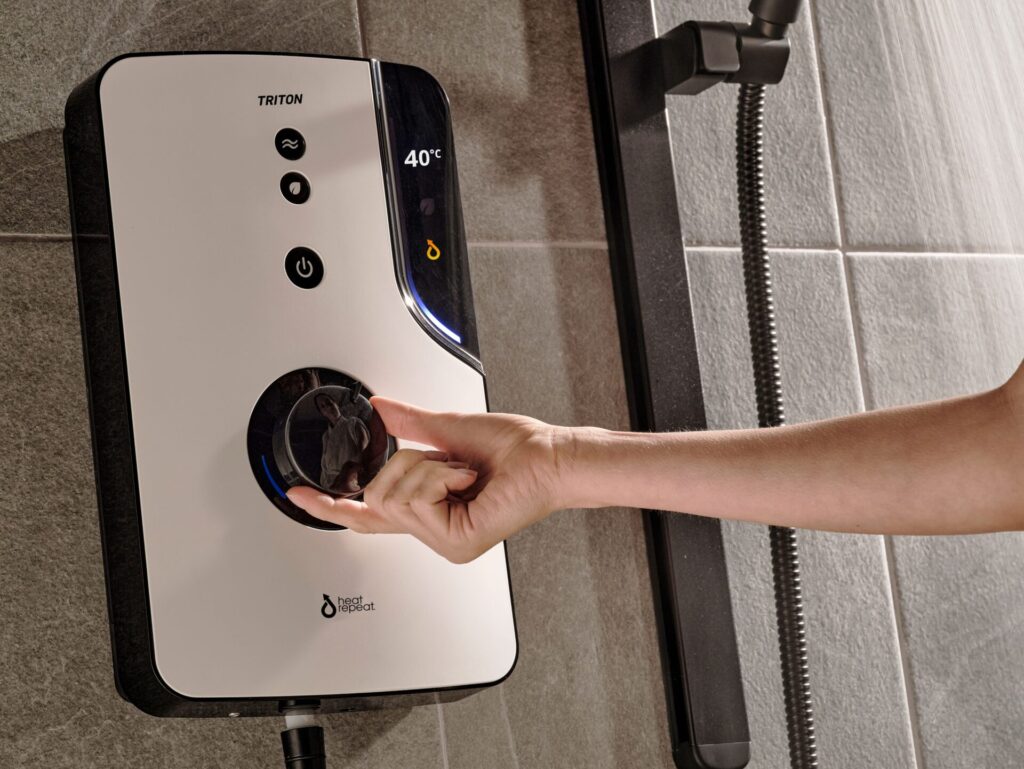Caroline Gumble, CEO, Chartered Institute of Building talks exclusively to Showhome magazine about the impact of the Coronavirus and the moral compass of construction
How do you think the Coronavirus pandemic has impacted the industry?
The pandemic has not only changed the way we’re living and working on a short-term basis but will change the way many of us work for years to come. I want to look at the positives and acknowledge that some of these changes have been for the better.
To give just a couple of examples – CIOB and our sister professional bodies and other sector organisations talked from time to time about the need to be more collaborative; the pandemic created a requirement for this to happen and I’m proud to be part of this period in which we put our brands and egos to one side for the sake of our industry. Long may that continue!
It’s also been fascinating to observe changing working patterns emerge as a result of most of us having to work remotely or in a socially-distanced way. Clearly there are only certain roles within construction for which remote working is an option. But there are many who see this as something which has accelerated the shift in culture towards more inclusive working practices. There are also positive effects for some on-site teams. With the need to stagger working patterns to enable social distanced working, many male construction workers have commented on how much they have appreciated more flexibility and regained time with their families.
Now is the time to rethink perceptions around caring responsibilities, work-life balance and how effectively many roles can be done remotely.
With COVID-19, have you been able to deliver training and learning virtually?
CIOB has stayed open throughout the pandemic but we are a global organisation, with a broad membership base, and we needed to adapt quickly. We adjusted many of our arrangements to support members – and prospective members – and moved training, workshops, conferences and even social events to online platforms. The Professional Review and Fellowship workshops – a key part of the chartership process – moved online so that those in the middle of progressing to membership could continue, with support from the CIOB’s teams.
I have to say I was delighted and slightly surprised to find out last year that we’d increased our engagement through the online webinars and social events and actually strengthened relationships with many of our members.
How important is sustainability for the future of the built environment?
It’s incredibly important, not just in construction but across society and the whole economy. But looking at the positives again, it’s an opportunity for construction – we need people to enter the industry and take up jobs that focus on making the built environment more energy efficient. Earlier this year the Construction Industry Training Board issued a report called “Building Skills for Net Zero” in which they suggest an additional 350,000 full-time equivalent jobs will be needed by 2028 focussed on delivering improvements to existing buildings to cut energy demand. That’s a potential increase of around 13% on the current size of today’s workforce.
Being able to offer thousands of people a long-term career as we emerge from a time of crisis sounds like good news, for individuals but also for our industry, the economy and the environment.
Support for improving sustainability in construction is something we’re constantly looking to incorporate across our activities. Recently, CIOB has expanded entry requirements in our Building Conservation Certification Scheme to certify individuals working within the retrofit sector. The scheme applies the same criteria as similar certifications, but with new emphasis on energy efficiency and sustainability in recognition that climate change will – and in fact, must – play a part in everybody’s role.
This also sits alongside wider pieces of policy work CIOB and others have been doing, including calls on the government to make a national retrofit plan an infrastructure priority, to support the UK’s move towards net zero carbon emissions and create green jobs.
Your CIOB Corporate Plan 2020-2023 discusses being the ‘moral compass’ of the construction industry, could you explain what this means?
CIOB has been examining the issue of quality in construction for some time; our Quality Commission was launched four years ago, set up in response to a report into defects that led to the closure of a number of Edinburgh schools. The work of the Commission was given a new impetus following the tragic Grenfell Tower fire in June 2017. It became clear – and this was highlighted by Dame Judith Hackitt in her report – that there is “a cultural issue across the sector, which can be described as a ‘race to the bottom’ caused either through ignorance, indifference, or because the system does not facilitate good practice.”
As the leading professional organisation in construction management, our senior leaders – trustees and management – decided that our role should be to support the necessary culture change in the coming years. The corporate plan was designed to position the CIOB as a driving force, leading a cultural shift that improves professionalism in construction, drives up quality and improves the diversity of the construction workforce.
How does CIOB help guide their members, and what is a chartered membership?
Professional guidance for members is at the heart of what we at CIOB do. We have a Royal Charter to promote the science and practice of building and construction for the benefit of society.
One of the ways in which we do this is by playing our part in setting and maintaining standards for both individuals and companies across the spectrum of the built environment. CIOB is a broad church but everyone who has gained chartered membership status has proved their levels of competence, demonstrated that they have experience and an in-depth understanding of their role and committed to behaving in an ethical way.
In fact, chartered membership of CIOB is comparable to a bachelor’s degree. A CIOB Fellowship is comparable, according to UK NARIC, to Master’s degree level.
However, we also recognise that our training courses, qualifications and the specific competencies assessed as part of the chartership process need to reflect current industry needs, while also anticipating future needs.
To stay up to date on the latest, trends, innovations, people news and company updates within the UK property and housebuilding market please register to receive our newsletter here.
Media contact
Rebecca Morpeth Spayne,
Editor, Showhome Magazine
Tel: +44 (0) 1622 823 922
Email: [email protected]







